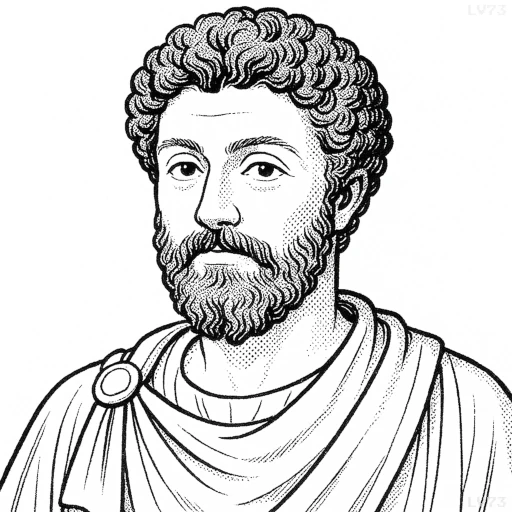“That which is not good for the bee-hive cannot be good for the bees.”

- April 26, 121 – March 17, 180
- Roman Empire
- Roman Emperor
table of contents
Quote
“That which is not good for the bee-hive cannot be good for the bees.”
Explanation
In this quote, Marcus Aurelius draws an analogy between the individual and the community, suggesting that what harms the collective good will inevitably harm the individuals within it. Just as the health of a bee is tied to the well-being of the hive, the well-being of individuals is linked to the welfare of the community or the larger whole. This emphasizes the interdependence between the individual and society, reminding us that our actions should be aligned with the greater good, as doing harm to the whole ultimately harms each of its parts.
Aurelius, as both a Stoic philosopher and an emperor, understood the importance of governing with the collective good in mind. His teachings encouraged individuals to act in harmony with nature and the common welfare, as a community’s strength relies on the virtuous behavior of its members. This principle is still relevant today, especially in discussions about social responsibility, the environment, and ethical leadership. When we act in ways that benefit the whole—whether in our communities, workplaces, or the world at large—we ensure that our own well-being is supported by a strong, healthy system.
In practical terms, this quote encourages us to consider how our actions affect those around us. For example, when making decisions at work or in personal relationships, we should ask ourselves if what benefits us individually is also beneficial to the greater community. By acting in ways that contribute to the collective good, we ensure that we live in an environment that supports our own flourishing. Whether it’s in cooperation, kindness, or responsible stewardship, by prioritizing the welfare of the whole, we ultimately enhance the well-being of each individual, including ourselves.
Would you like to share your impressions or related stories about this quote in the comments section?

